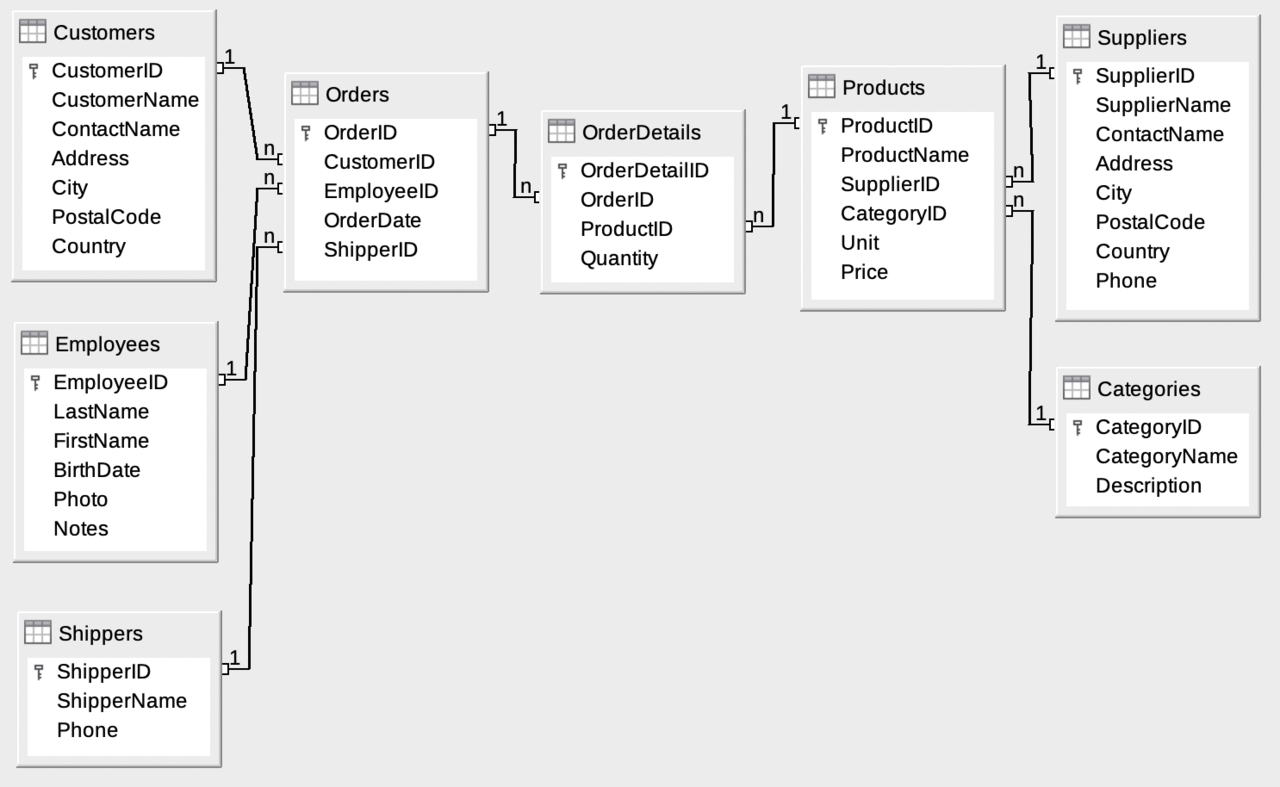The
DISTINCT keyword can be used to return only distinct (different) values.
In a table, some of the columns may contain duplicate values.
| This is not a problem, however, sometimes you will want to list only the different (distinct) values in a table. |
|
In the example below, the company W3Schools is listed twice in the result-set if the keyword
DISTINCT is not used.
To select only different values from the column named company, we use a SELECT DISTINCT statement.
SQL> DROP TABLE order3; Table dropped. SQL> CREATE TABLE order3 ( 2 company VARCHAR(32), 3 order_number NUMBER(4) NOT NULL ); Table created. SQL> INSERT INTO order3 VALUES( 'Sega', 3412 ); 1 row created. SQL> INSERT INTO order3 VALUES( 'W3Schools', 2312 ); 1 row created. SQL> INSERT INTO order3 VALUES( 'Trio', 4678 ); 1 row created. SQL> INSERT INTO order3 VALUES( 'W3Schools', 6798 ); 1 row created. SQL> SELECT company FROM order3; COMPANY -------------------------------- Sega W3Schools Trio W3Schools SQL> SELECT DISTINCT company FROM order3; COMPANY -------------------------------- Sega Trio W3Schools |
Demonstration
Below is an SQL test area from W3Schools, which uses the well-known Northwind sample database. The tables here are for read only because of the problem of embedding the scripts. For a fully working example, check this by using Chrome.
|
Result:
|
The Database includes:
|

|
The Database includes:
|